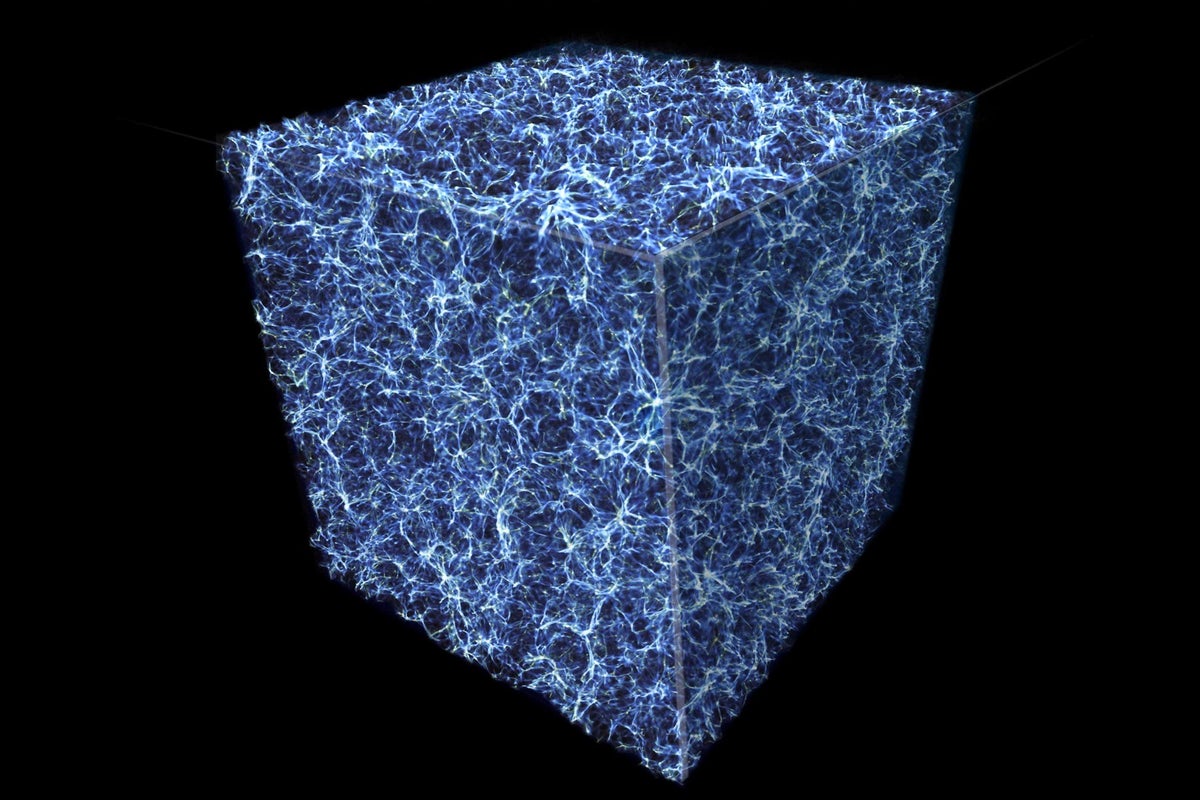
New evidence suggests we’re living inside a giant void
How did your country report this? Share your view in the comments.
Diverging Reports Breakdown
New evidence suggests we’re living inside a giant void
Scientists studied sound waves from the initial moments of the universe. They found the Earth and Milky Way are likely situated within a low density cosmic void. The findings could explain one of the most puzzling and enduring problems in cosmology, known as “Hubble tension’. The cosmic void has a density roughly 20 per cent lower than the universe’s average matter density, explaining why our galaxy is expanding faster than the rest of the cosmos. The results suggest that a universe with a local void is about 100 million times more likely than a cosmos without one.
Cosmologists have discovered new evidence from the early universe that suggests we are living in a giant void.
After studying sound waves from the initial moments of the universe – essentially the sound of the Big Bang – researchers from the University of Portsmouth and the University of St Andrews found that the Earth and the Milky Way are likely situated within a low density cosmic void.
The findings could explain one of the most puzzling and enduring problems in cosmology, known as “Hubble tension”.
This problem arises from the speed at which the universe is expanding, which varies depending on which technique is used to measure it.
“A potential solution to this inconsistency is that our galaxy is close to the centre of a large, local void,” said Dr Indranil Banik from the University of Portsmouth.
“It would cause matter to be pulled by gravity towards the higher density exterior of the void, leading to the void becoming emptier with time. As the void is emptying out, the velocity of objects away from us would be larger than if the void were not there. This, therefore, gives the appearance of a faster local expansion rate.”
This cosmic void has a density roughly 20 per cent lower than the universe’s average matter density, explaining why our galaxy is expanding faster than the rest of the cosmos.
The scientists studied measurements of sound waves from the early universe, known as Baryon Acoustic Oscillations (BAOs), collected over the last 20 years to reach their conclusion.
“Our results suggest that a universe with a local void is about 100 million times more likely than a cosmos without one,” said Dr Banik.
“This means the likelihood of a universe without a void fitting these data is equivalent to a fair coin landing heads 13 times in a row.”
The findings were published in the Monthly Notices of the Royal Astronomical Society, in a study titled ‘Testing the local void hypothesis using baryon acoustic oscillation measurements over the last 20 years’.
Source: https://www.independent.co.uk/space/cosmic-void-early-universe-earth-b2798055.html
